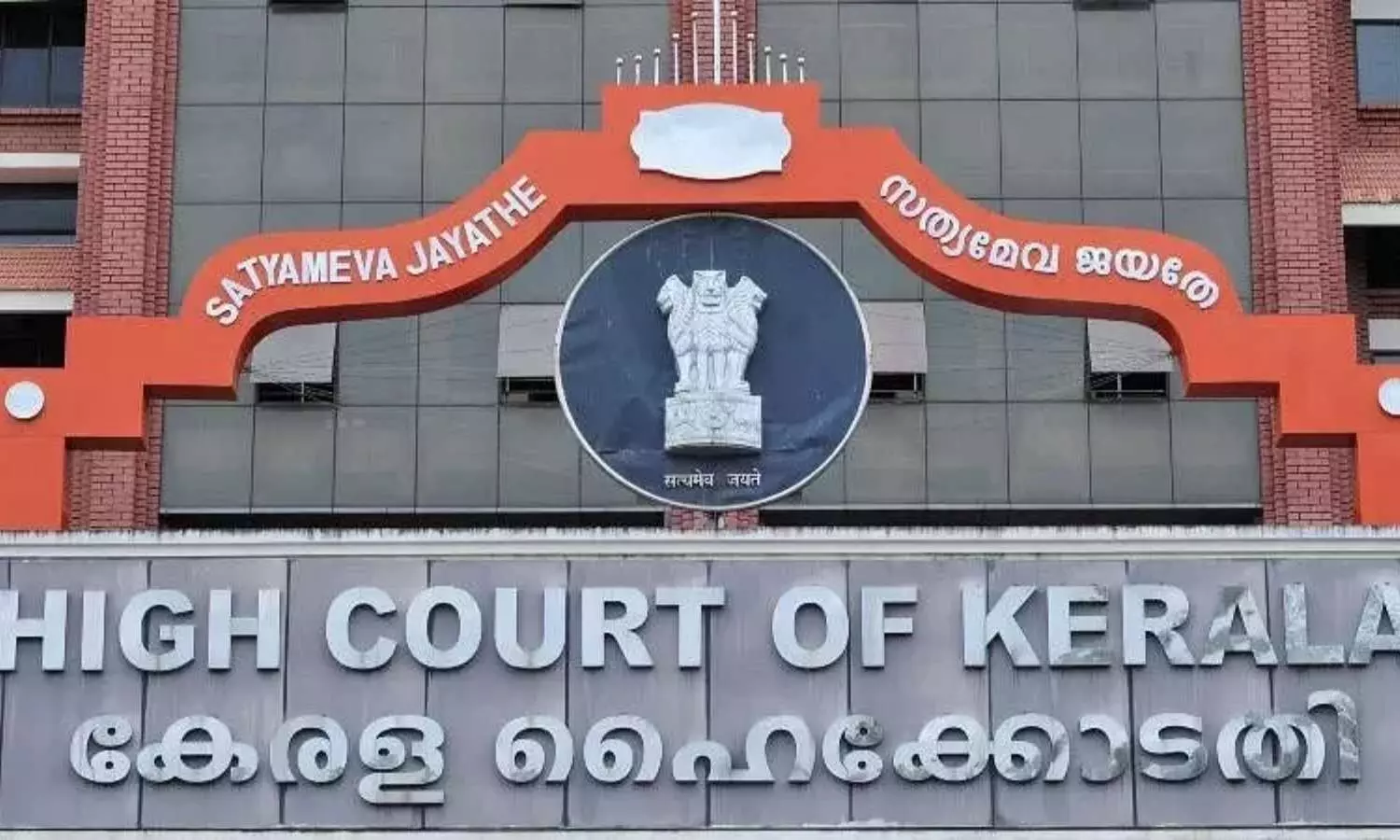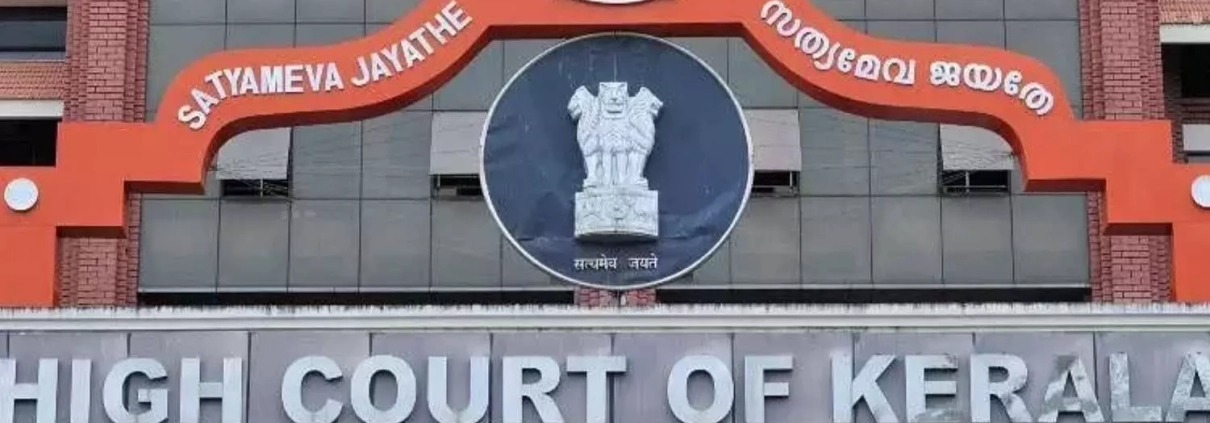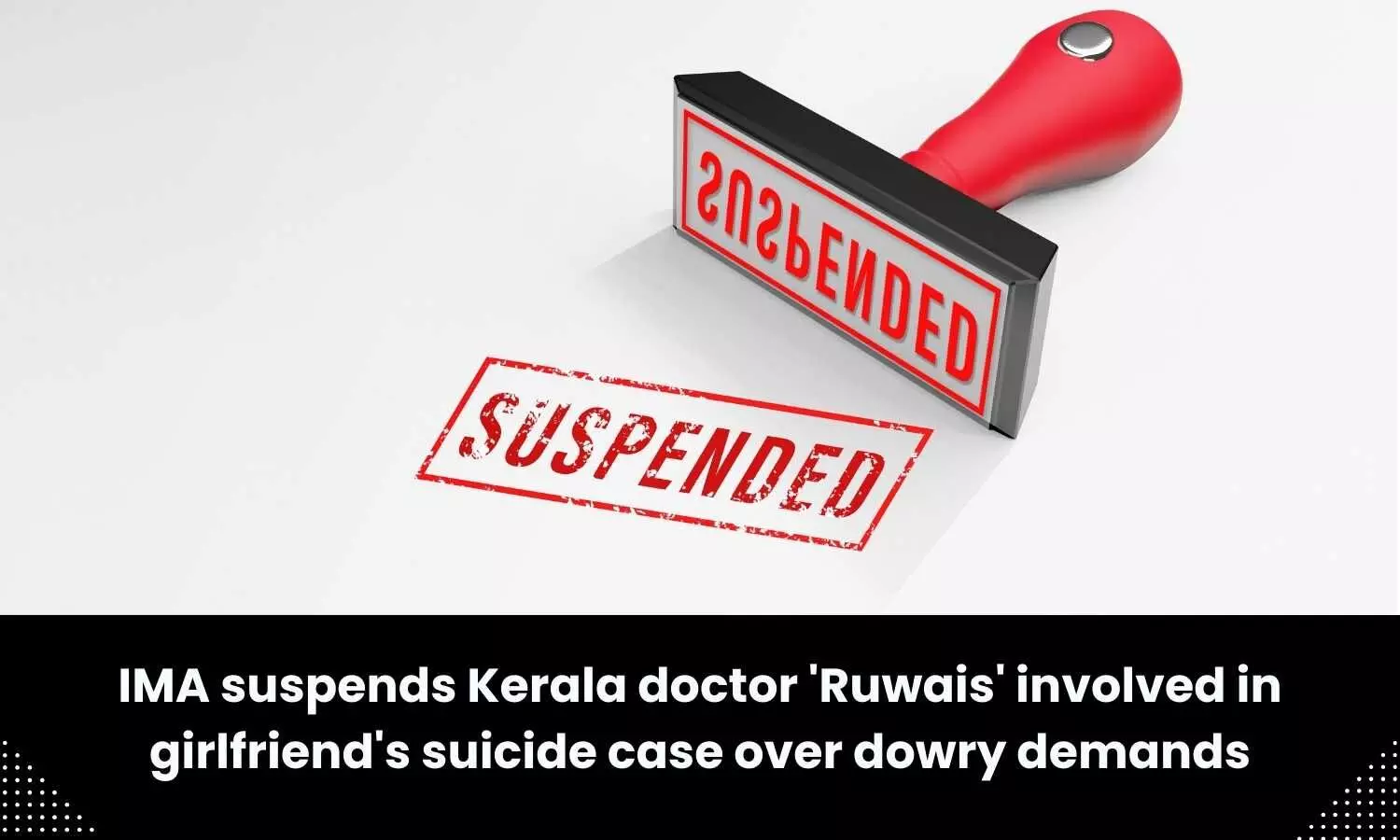PG Medico Suicide Case: Kerala HC grants bail to doctor accused of dowry demands

Thiruvananthapuram: In a significant development, the Kerala High Court on Friday, approved the bail application of a doctor who had faced suspension from the Indian Medical Association (IMA) following accusations of abetting the suicide of his girlfriend.
The accused has been charged with offenses under Section 306 IPC (‘Abetment of Suicide’) and Section 4 of the Dowry Prohibition Act (‘Penalty for demanding dowry’). The bail plea was considered by Justice Gopinath P, who, taking into account the accused’s custody since December 7, 2023, concluded that further detention was unnecessary for investigative purposes and allowed for his release on bail, reports LiveLaw.
“The allegations against the petitioner are no doubt serious. I had also observed while granting bail to the 2nd accused in the case (Ruvais’ father), that there are clear allegations against the petitioner in the suicide note recovered from the apartment where the deceased was staying. However, as rightly pointed out by the Senior Counsel appearing for the petitioner, a condition under Section 306 IPC can be sustained only if there are clear indications that the petitioner had the mens rea to drive the deceased to suicide, and the actions of the petitioner had left the deceased with no option but to commit suicide,” the Court observed.
The Court had previously granted anticipatory bail to Ruwais’s father, who was also named as the second accused in the case. In the bail application presented by Advocate Nireesh Mathew on behalf of the accused, it was asserted that there was no substantial evidence linking him to the alleged offense. He argued that the relationship between him and the victim had reached a stage where they started talking about a marriage proposal. However, his father had suggested delaying the marriage until the completion of education, a proposal that the victim found unacceptable. The petitioner contended that the victim was pressuring him to marry her against his father’s advice, a decision he chose not to follow. The doctor refused to accept that any conversation regarding any kind of dowry ever took place between the two families.
The counsel for the accused further argued that the suicide did not result from immediate provocation or instigation, as required by Section 306 IPC. He asserted that he had no intention to harm the victim but had genuinely expressed his desire to marry her. During the hearing, the potential damage to his career and future and the seizure of his belongings, including a laptop and car has also been highlighted. To continue studying alone, he requested bail, even with strict terms attached, such as his inability to leave the College and hostel grounds, reports The Daily. The accused also stated that the doctor should not have taken such a cruel step thoughtlessly.
The prosecution argued that decisions regarding the accused’s reinstatement in service should be made by the Disciplinary Committee in consultation with the Department of Health, Government of Kerala, and the Kerala University of Health Sciences. The prosecution stressed that the petitioner’s desire to continue his studies was insufficient grounds for bail, as the decision on his course continuation remained pending.
After careful consideration, the Court made it clear that the doctor’s request for bail could not be seen as an entitlement to reinstatement; rather, it should only be resolved in compliance with the relevant legislation, even though the Court granted him a request, it is subjected to certain conditions and regulation.




